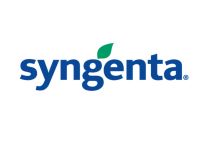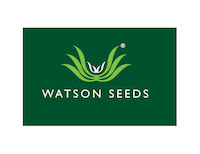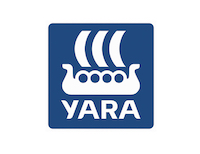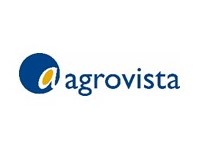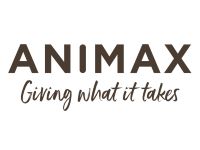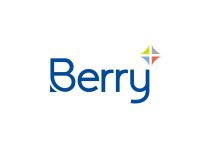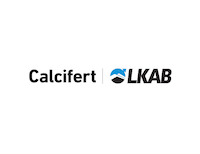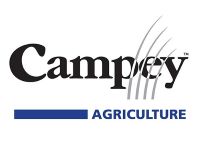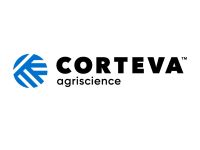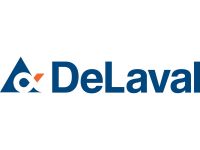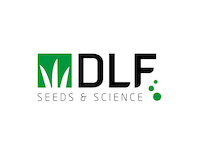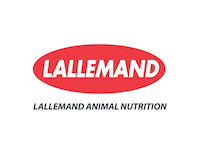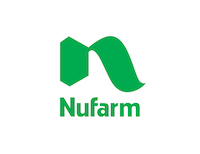"Hidden"
Herbal Ley webinars
A series of webinars on the subject of herbal leys are being held in association with AHDB.
Webinar 1: Herbal leys – delivering livestock performance and environmental improvements (22 July 2020)
This panel discussion featured a conversation between Paul Muto (Natural England), Professor Chris Reynolds (University of Reading), Sam Lane (Cotswold Seeds) and Rob Richmond (Dairy Farmer).
A number of items were discussed, and the full webinar can be viewed here.
Webinar 2: Herbal leys: Establishment – looking forward to 2021 (22 September 2020)
The panel included Kate Still (Soil Association and FAB farmers facilitator), Robert Thornhill (dairy farmer and Nuffield Scholar) and Dafydd Parry Jones (organic beef and sheep farmer and Farming Connect mentor).
To view the webinar, click here.
Webinar 3: Herbal leys: Considerations beyond the price tag (1 December 2020)
The third in this series of webinars covered the environmental and financial aspects to consider when using herbal leys.
The panel included Dr Hannah Jones (Senior Research Fellow at Duchy College), Rob Richmond (Dairy farmer) and Dr Paul Newell Price (Principal Soil Scientist at ADAS).
To view the webinar, click here.
Webinar 4: Herbal leys: Feeding and grazing management (Wednesday 3 March 2021)
The panel included Tom Tolputt (South West Farm Consultants), Dan Burdett (dairy farmer and Nuffield scholar), Sam Chesney (beef farmer) and Dr Dave Davies (Silage Solutions Ltd).
To view the webinar, click here.
Webinar 5: How to successfully manage sheep on herbal leys (Thursday 22 July 2021)
The panel included Tommy Boland (UCD), James Small (sheep and beef farmer), and Angus Mackay (sheep farmer).
To view the webinar, click here.
Biodiversity of Grassland Webinars
The new UK Agriculture Act is the basis for radical change in the way grassland livestock farming is supported. In future farmers will only receive public money in return for delivery of ‘public goods’. That means, primarily, biodiversity and other environmental benefits. But do we have the science base to underpin such a policy, and can farmers apply it to deliver results at sufficient scale whilst maintaining food production and a viable business?
BSAS, BGS and Stapledon Trust organised two webinars on Biodiversity in Grassland focused on the UK to inform and activate discussion.
Webinar 1: Tuesday 26 January 2021
The science: What is the state of biodiversity and how might it be increased?
Grassland biodiversity in the UK: status, trends and prospects – Dr Lisa Norton (Land Use Group, Centre for Ecology & Hydrology, Lancaster).
Plants, invertebrates and birds in upland grassland: effects of grazing management – Prof Robin Pakeman (James Hutton Institute, Aberdeen).
Management of lowland grassland for invertebrates and birds – Dr Will Peach (Head of Conservation Science for England & Wales, Royal Society for Protection of Birds).
Webinar 1 recording
Robin Pakeman recording
Lisa Norton slides
Robin Pakeman slides
Will Peach slides
Webinar chat
Webinar 2: Tuesday 2 February 2021
Implementation: How policy and practice could reverse biodiversity decline.
Development of policies to conserve and increase biodiversity in grassland – Clare Pinches (Principal Science Analyst, Natural England).
A profitable farm rich in wildlife – Ian Boyd (Cotswold Beef & ianboydphotography.co.uk, Whittington Lodge Farm, Cheltenham).
Maximum sustainable output: making nature a stakeholder in a profitable business – Chris Clark (Nethergill Associates).
Webinar 2 recording
Clare Pinches slides
Ian Boyd slides
Chris Clark slides
Webinar chat
Carbon webinars
The two ‘Locking in C with Grasslands’ webinars, held in association with BSAS and the Stapledon Memorial Trust, were very well attended with over 100 participants signing in to each of them. The webinars addressed the science and policy potential of grassland to capture and store C as part of agriculture’s road map to reduce net greenhouse gas emissions.
The first webinar, aimed at researchers, concentrated on the science behind and the potential of soil, pasture and on-farm woodland to increase C storage potential and improve efficiency (reduce emissions).
The speakers were Dr Andrew Neal (Rothamsted), Dr Katya Klump (INRAE) and Dr Helen Sheridan (UCD).
To view the recording of the webinar, click on the link below.
Webinar 1 recording
Andy Neal slides
Katja Klump slides
Webinar chat (Q&A)
The second webinar addressed the question ‘How can policy facilitate locking C in grasslands’, and explored the interface between science and policy starting with a short summary of the talks and discussions from the first webinar on the science of Locking in C with Grasslands, followed by presentations from scientists who advise policy makers.
The speakers were Dr Rebecca Heaton (CCC), Paul Muto (Natural England) and Jorgen Olesen (Aarhus University).
To view the recording of the webinar, click on the link below.
Webinar 2 recording
Rebecca Heaton slides
Paul Muto slides
Jorgen Olesen slides
Webinar chat (Q&A)
Mob Grazing Webinars
There is renewed interest in the mob grazing system of using extended grazing intervals to build up herbage mass, part of which is grazed, due to the potential for the remainder to be incorporated into the soil to increase soil carbon.
Two Mob Grazing webinars were held in November 2021, in association with BSAS and the Stapledon Memorial Trust.
Webinar 1 – Speakers
Yann Le Du and Alan Hopkins
Lisa Norton (CEH) – Mob grazing practices on British farms producing pasture-fed livestock
Lizzie Sagoo (ADAS) – Understanding rotational ‘mob’ grazing: impacts benefits and trade-offs
Poppy Frater (SRUC) – Is Mob grazing beneficial for soil health and the environment?
To watch the webinar, click here
Webinar 2
Liz Genever chaired a discussion with farmers Richard Thomas, Rob Richmond and James Evans.
To watch the webinar, click here
Grassland systems: Busting the myths on carbon sequestration
Topics covered included:
- Setting the scene and meeting net zero goals – Bridget Emmett, UK Centre For Ecology and Hydrology (UKCEH)
- Understanding the Carbon Sequestration Marketplace – Anna Sellars, SRUC
- Advising farmers and managing expectations – Becky Willson, Farm Carbon Toolkit
To watch a recording of the webinar, click here.
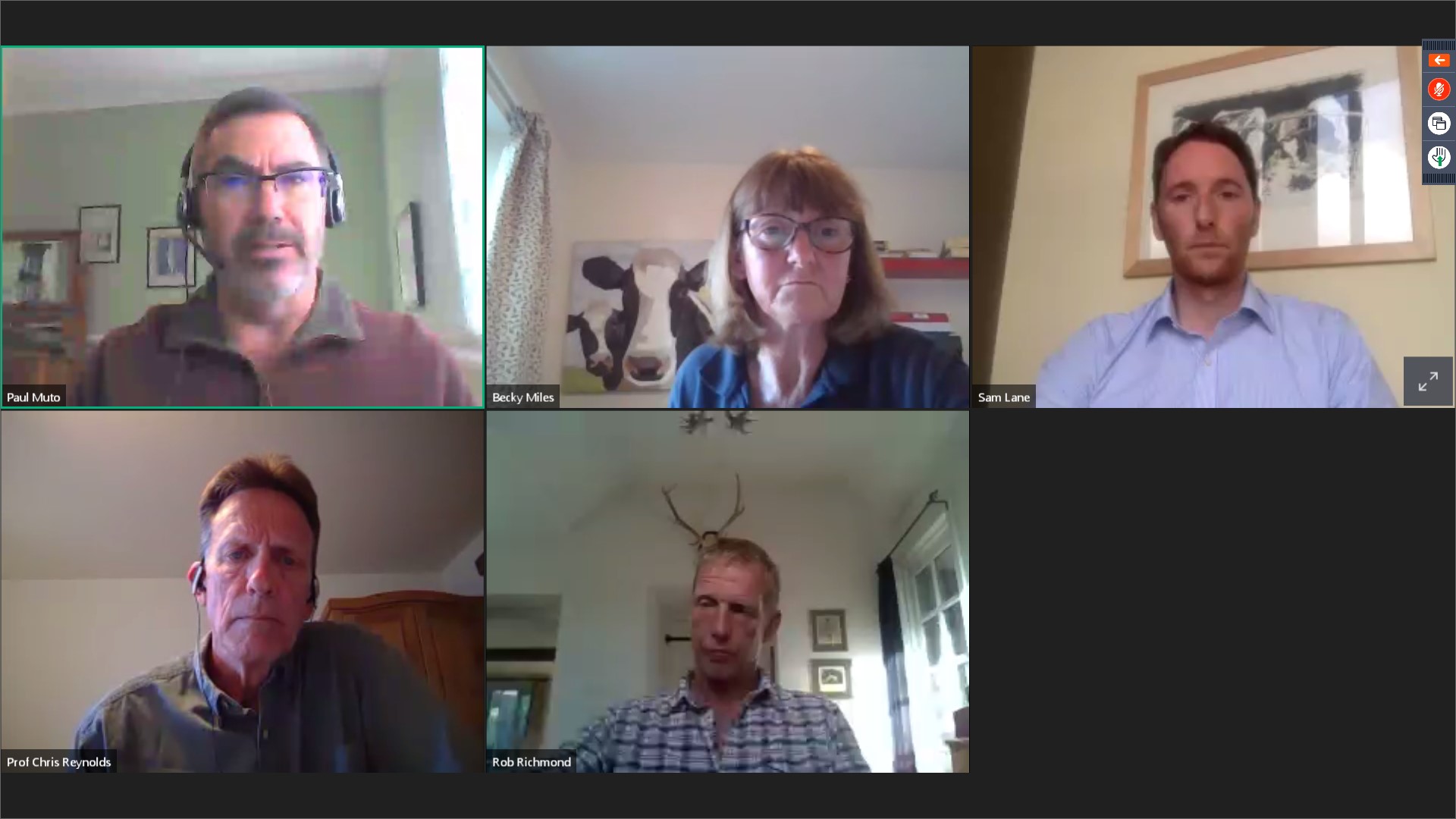
Speakers at the first Herbal Leys webinar held on 22 July 2020.
Left to right:
Top: Paul Muto, Becky Miles (convenor), Sam Lane
Bottom: Chris Reynolds, Rob Richmond


